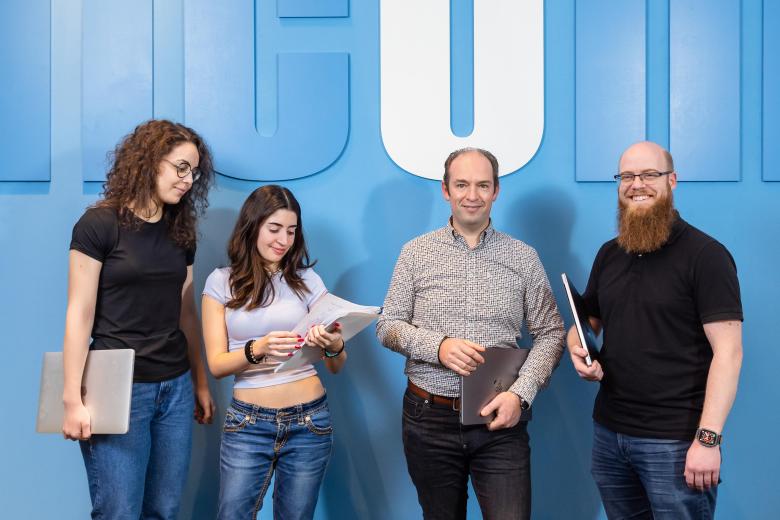The future of our food? It's growing in the labs at Brightlands
The agriculture and horticulture of the future require smart innovations, sustainable cultivation methods, and resilient crops. At Brightlands Campus Greenport Venlo, all of this comes together in Brightlands Next Generation Farming. Here, research is conducted, but above all, solutions are developed that can be directly applied by businesses.
Innovation under one roof
Companies, researchers, and students will work together in this new innovation cluster to develop concrete solutions to current challenges: from climate-resistant seeds to smart packaging that helps prevent product loss. The emphasis is on innovations that help entrepreneurs produce more sustainably, efficiently, and resiliently.
According to Loes Janssen, Business Developer Future Farming, Next Generation Farming focuses on six innovation clusters. “Together, these clusters cover the entire chain: from seeds and green crop protection to food safety and the development of new revenue models. The knowledge developed must be directly applicable in practice.”
The beating heart of this new innovation cluster are the laboratories currently being built at Brightlands Campus Greenport Venlo by Kronos Vitale, together with project partners Brightlands Campus Greenport Venlo, Brightbox, Innoveins Seed Solutions, and HAS green academy.
According to Loes, these labs bring together technology and cultivation knowledge. “Agriculture and horticulture face many challenges in the areas of climate-adaptive crops, green crop protection, and reducing losses in the chain. These labs are a direct response to a market need to make research and technology accessible so that entrepreneurs and researchers can tackle these challenges together.”
According to Niels Peeters, director of Innoveins Seed Solutions, this is the first location in the Netherlands where all these labs can be found under one roof. “This creates a practical place where entrepreneurs, researchers, and students can come together and collaborate. These are open facilities, accessible to everyone. Companies can come here to test, set up pilots, or collaborate on new products.”
In one spot
According to Loes, it is precisely this collaboration that is accelerating developments. "We are investing together in innovation, talent, and knowledge exchange. This not only strengthens the agricultural and horticultural sector, but also has a positive impact on the environment, the economy, and consumer health. These new facilities also contribute to the growth of the Brightlands ecosystem, where knowledge sharing, innovation, meeting, and collaboration are ingrained in its DNA.
All the labs are located in one building, so you quickly bump into each other. Take post-harvest technologies, for example, which involve the processing, packaging, and post-harvest physiology of fresh produce. These processes are very closely related and can now be researched in one place. We want to facilitate precisely those unconventional encounters between the different links and sectors."
Ecosystem
The connection with the other Brightlands campuses also plays an important role in this. Digital phenotyping and data applications fit seamlessly with the knowledge at Brightlands Smart Services Campus in Heerlen. The focus on biobased materials and recycling is directly related to the innovations at Brightlands Chemelot Campus in Geleen.
And the focus on healthy food and consumers establishes a clear link with the Brightlands Maastricht Health Campus. “This allows us to make optimal use of each other's expertise throughout the entire ecosystem. That's what makes Next Generation Farming truly cross-sectoral,” says Loes.
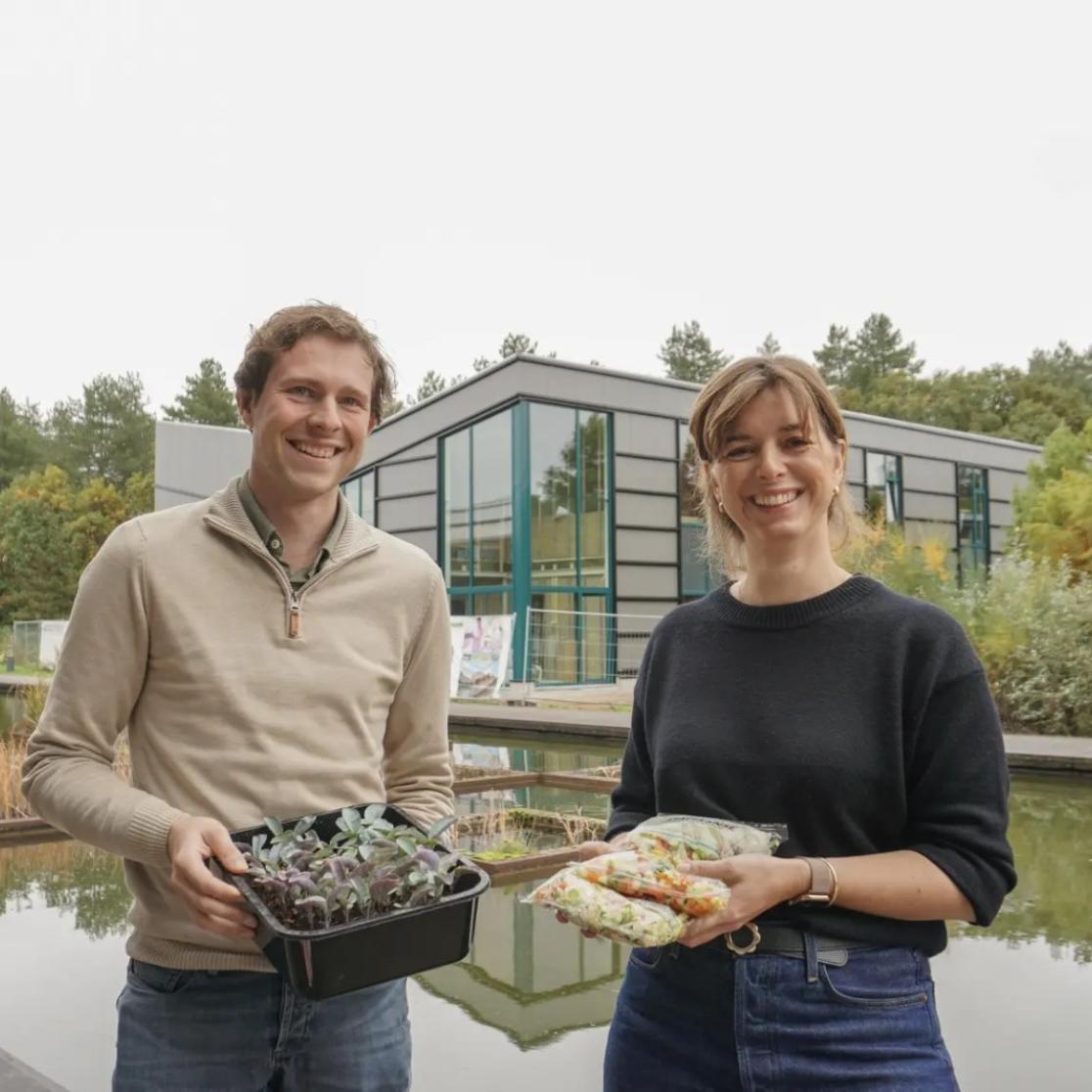
Seeds and plants
The Seed Technology Lab focuses on the start of cultivation: the seed. Here, specialists investigate how coatings, additives, and biological additives can improve seed germination and vitality. By combining chemical, physical, and biological data, new knowledge is gained about how seeds behave under different conditions. This makes it possible to predict at an early stage which varieties are most resistant to climate change or limited availability of nutrients, for example.
In the Digital Phenotyping Lab, advanced imaging techniques reveal how plants respond to stress factors such as drought, temperature, or nutritional balance. Using smart algorithms and hyperspectral cameras, researchers can monitor the growth and resilience of plants in detail without damaging them. The insights this provides help breeders and growers to work more effectively on developing more robust crops.
Green crop protection and post-harvest
The Bio Technology Lab also focuses on sustainability, conducting research into microbial agents and green crop protection. Here, biostimulants and biological crop protection products are tested for effectiveness and stability. By gaining a better understanding of how bacteria and fungi interact with plants, researchers can contribute to agriculture and horticulture that is less dependent on chemical agents.
After cultivation, the challenge is to get products to consumers as fresh as possible. The Postharvest Technology Lab focuses on processing, packaging, and storing products to reduce food waste and maintain the quality and shelf life of fresh products. Entrepreneurs can test their products here under realistic conditions and see what effect new materials or techniques have on, for example, freshness, color, and nutritional value.
Young talent
In addition to companies, education also plays an important role. This program gives young talent the opportunity to work with the latest technologies. According to Niels and Loes, this interaction between learning and doing is important for the future of the sector. “Students get to work on real-life assignments from the business world, with proper guidance, of course. This not only helps students develop substantive skills, but it also has a social aspect. Students learn how to work in a company and discover who they are as individuals and how they can work well and efficiently with others.”
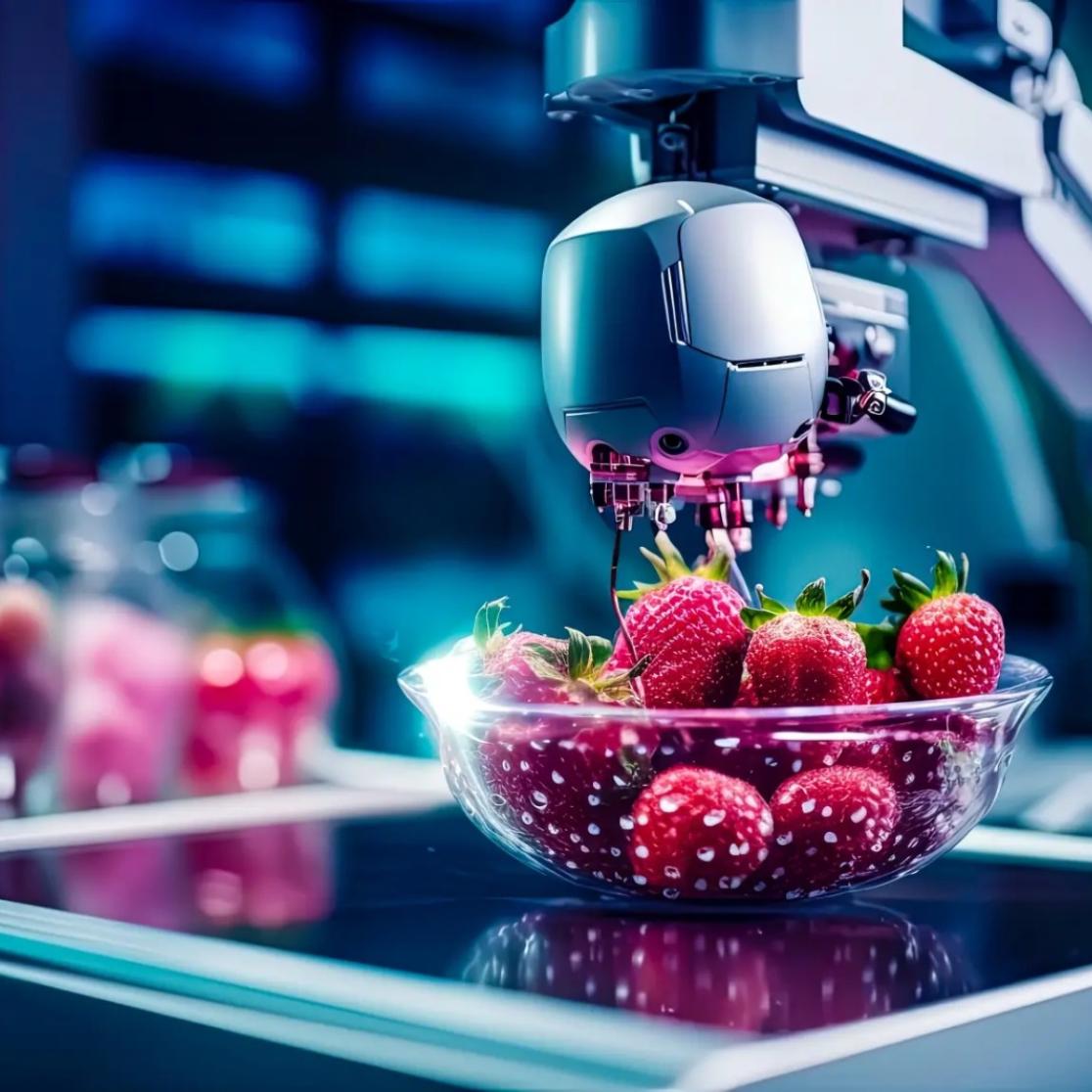
In practice
For entrepreneurs, participation in Next Generation Farming not only offers access to state-of-the-art facilities, but also to expertise and collaboration. By sharing knowledge and joining forces, innovations can reach the market faster. The program also helps companies become more sustainable and future-proof, with solutions that respond to tomorrow's demands. “Next Generation Farming is more than just a research program,” says Loes. "It's a way to work together on agriculture and horticulture that is smart, circular, and resilient. We don't just want to develop new technology here, we also want to test and validate it so that it really works in practice.
Looking in the seed
The new labs will be ready by the end of 2025. The first innovation cluster focused on phenotyping has just been established, with Innoveins Seed Solutions and DEMCON/SeQso as core partners. Niels: "This cluster focuses on the early characterization of seedlings using advanced imaging techniques and AI, so that you know very early on how strong it is. This gives you in-depth knowledge about the young plant.'
We are now working hard to set up the other innovation clusters. Loes: 'We are committed to open innovation here, so if you have an innovative plan, want to test a technique or system, start a new collaboration, or join one of the innovation clusters, please get in touch or drop by.'
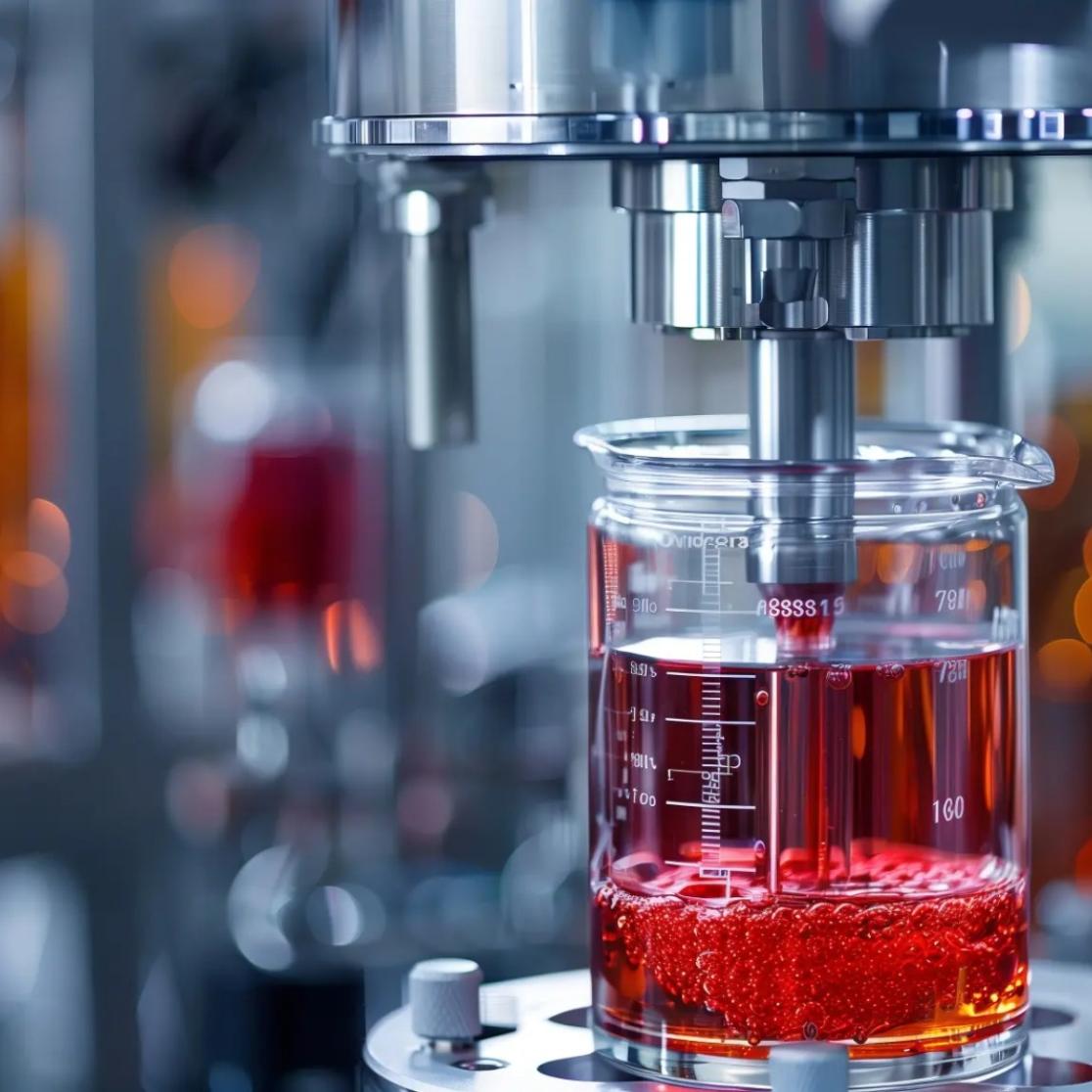
This project is made possible by Kronos Vitale B.V., Brightlands Campus Greenport Venlo, HAS Green Academy, Brightbox, Innoveins Seed Solutions B.V. and by Regio Deal Noord-Limburg I. Regio Deal North-Limburg I focuses on health in the broadest sense of the word, such as healthy agriculture and horticulture, sustainability, prevention (health/social), combating undermining and a healthy cross-border business climate. The government has made €17.5 million available in this Regio Deal. This amount will be doubled by the Province of Limburg and the North Limburg Region! This makes € 35 million available from the government, together with investments from partners, to support projects that contribute to a healthy future of North Limburg.
Source: Brightlands Newsletter
Also read
-
Ron Heeren appointed fellow of the Netherlands Academy of Engineering
Professor Ron Heeren, distinguished university professor at Maastricht University (UM) and director of the Maastricht MultiModal Molecular Imaging Institute (M4i), was appointed as a fellow of the Netherlands Academy of Engineering (NAE) on Thursday 11 December.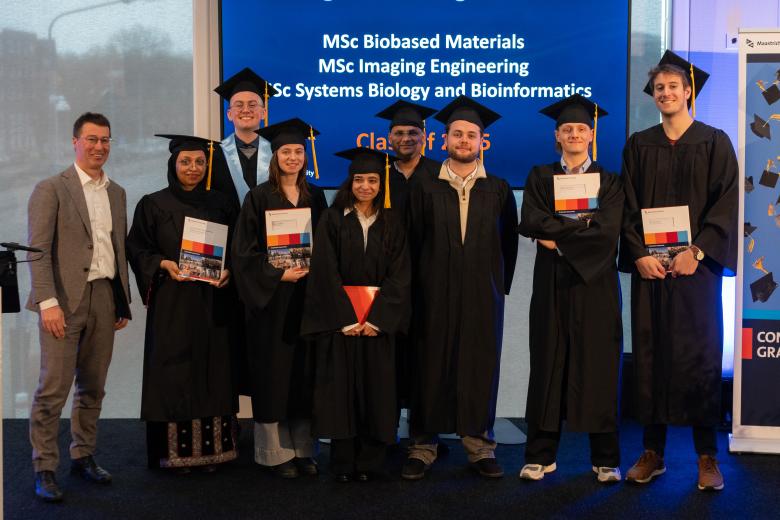
-
UM builds open education and digital literacy into BKO/UTQ
Maastricht University is taking a practical step to support early-career teachers: open education and digital literacy will be built more firmly into the BKO/UTQ.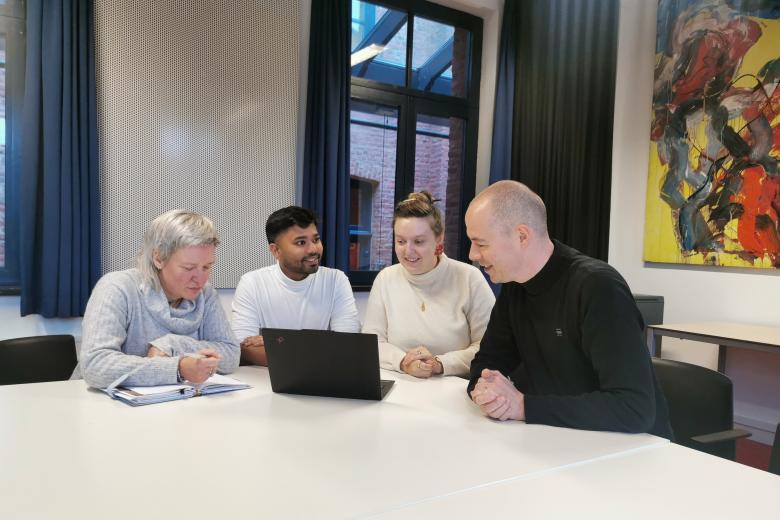
-
Companies unlock Maastricht University’s hidden talent
@Work students serve as a bridge between academia and industry, helping companies recognise the university’s strengths. “We’re a hidden gem that’s gradually being discovered, as more and more people learn that we are one of the largest academic data science and AI programmes in the Netherlands